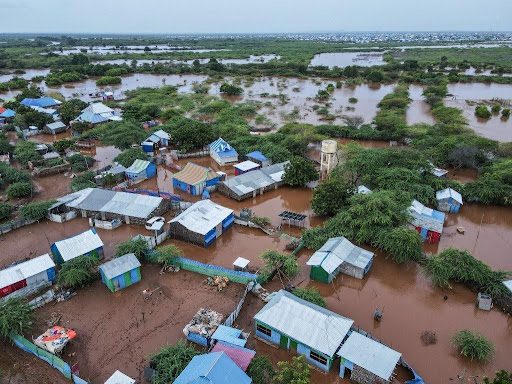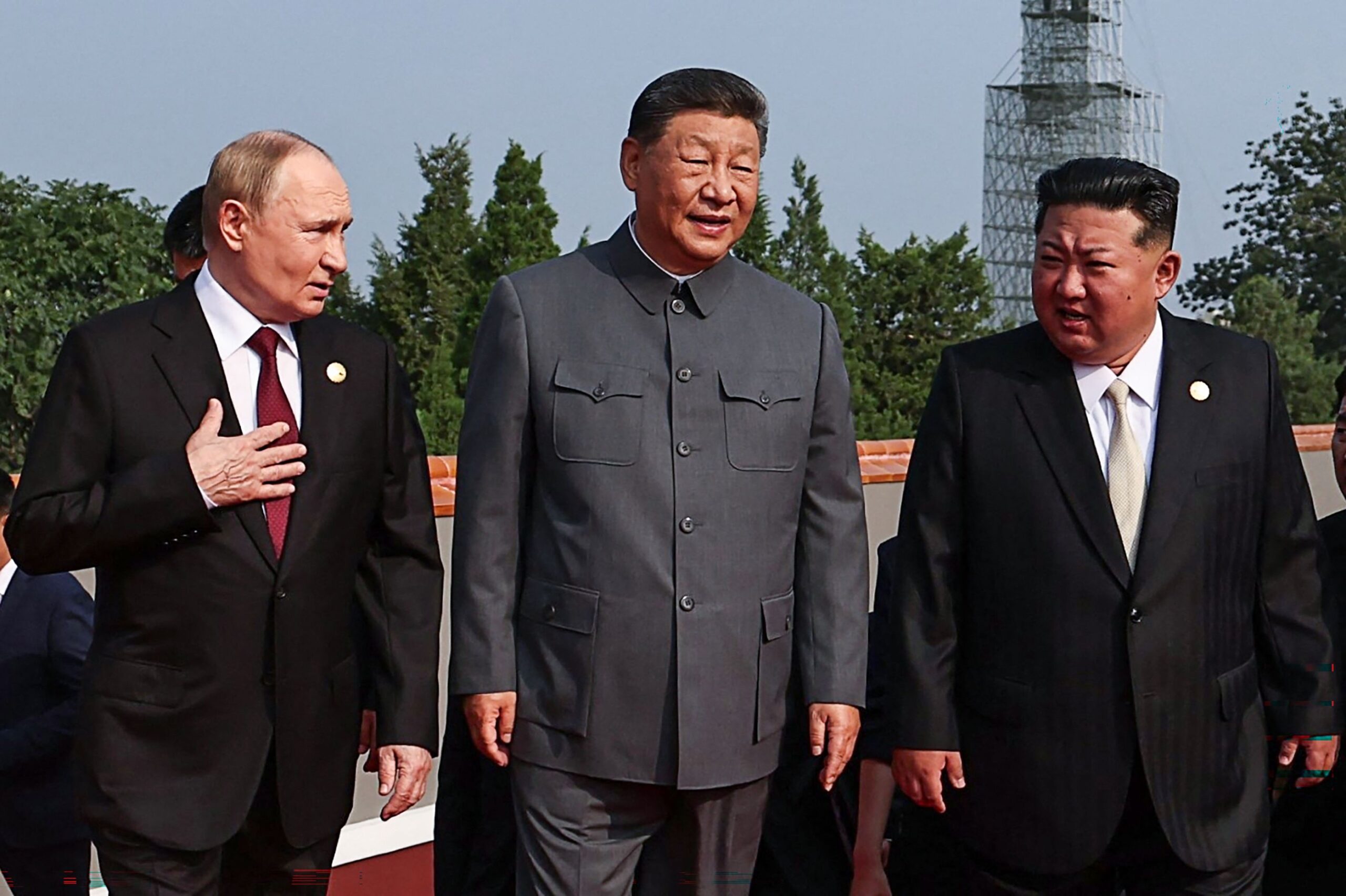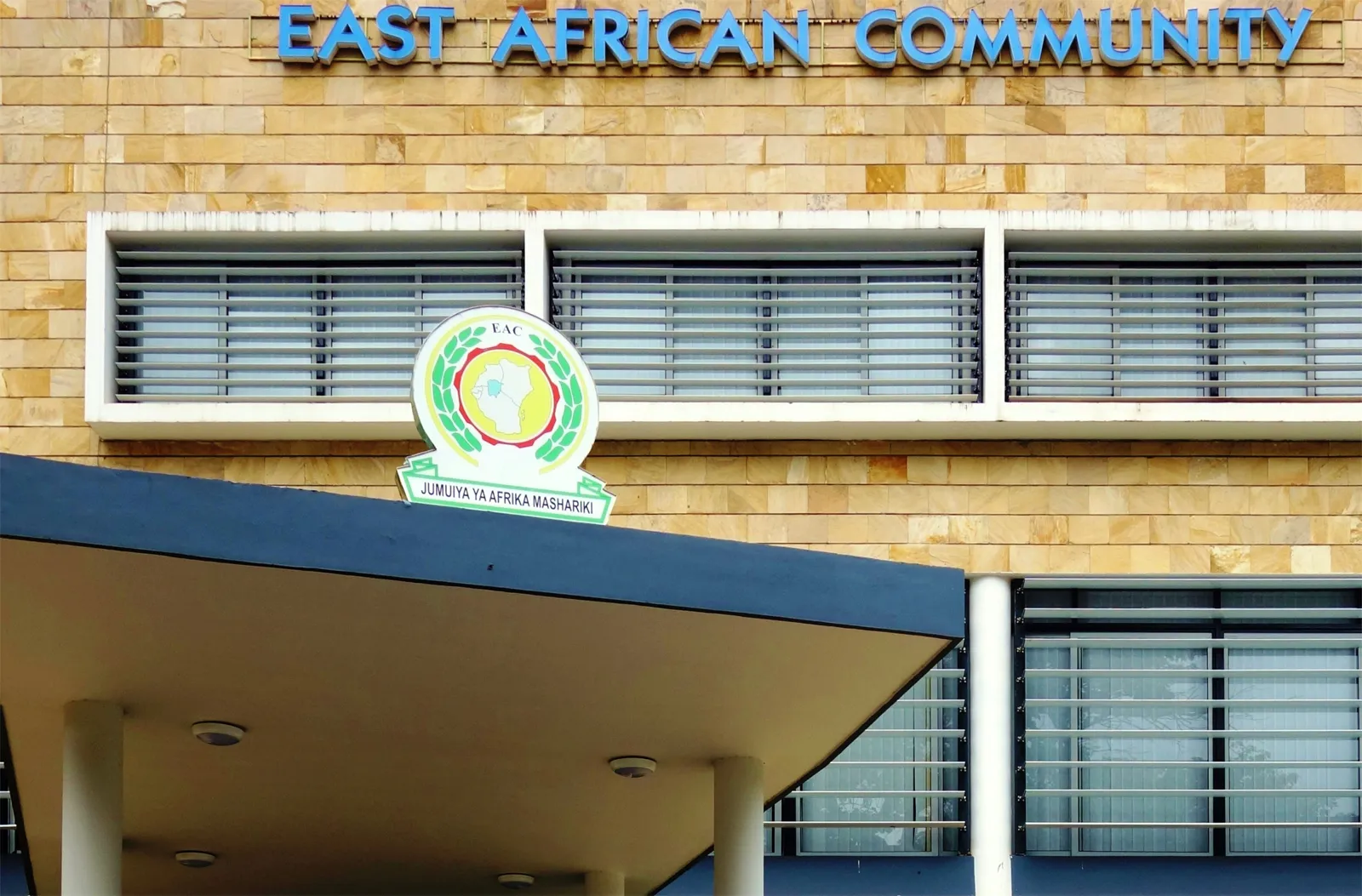

Africa’s mining sector is undergoing a profound transformation as governments assert greater control over their natural resources. This shift has sparked intense debates with multinational corporations regarding revenue sharing, environmental sustainability, and local empowerment. As highlighted in a 2024 World Bank report, nations such as the Democratic Republic of Congo (DRC) and Zimbabwe are at the forefront of redefining mining strategies, signaling a pivotal moment in the industry’s evolution.
The DRC holds a strategic position as a major supplier of copper and cobalt—resources critical to the global energy transition. Investments in the Lobito Corridor, connecting Angola’s Lobito port to Zambia, have bolstered the DRC’s integration into global supply chains while spotlighting geopolitical rivalries between the United States and China over access to Africa’s vast mineral wealth. This infrastructure project symbolizes a broader drive for regional integration, improving export logistics and elevating Africa’s role in the global energy and technology sectors.
Zimbabwe, however, faces notable hurdles in its mining landscape. A key mining firm recently halted operations, citing restrictive economic policies and an unsupportive investment climate. This highlights the delicate balance required to assert national resource sovereignty while maintaining investor confidence. Zimbabwe’s challenges underscore the complexity of managing resources amid competing domestic and international interests. Still, ongoing policy discussions hint at opportunities to renew investor trust and drive sectoral growth.
Governments across Africa are increasingly strengthening legal frameworks to ensure more equitable agreements with mining companies. The World Bank has played an instrumental role in supporting these initiatives, equipping policymakers with tools to negotiate contracts that align with sustainable development goals. These reforms are particularly crucial in addressing historical grievances over inequitable profit-sharing, limited community investment, and environmental damage.
Tanzania and Ghana stand out as examples of nations prioritizing local benefits in their mining reforms. Tanzania’s renegotiation of mining contracts has significantly increased government revenue, reduced environmental degradation, and empowered local communities through job creation and infrastructure development. Similarly, Ghana has implemented robust transparency initiatives, such as the Extractive Industries Transparency Initiative (EITI), which have enhanced its standing among investors while ensuring greater accountability within the sector.
In Mali, disputes between the government and Barrick Gold have tested the stability of the mining sector. The company threatened to suspend operations in 2024 due to disagreements over a retroactively applied mining code. This standoff highlights broader challenges of regulatory unpredictability, which remains a critical concern across the continent. Investors increasingly seek assurances of policy consistency to mitigate risks in such volatile environments.
In Burkina Faso, the military junta’s push to exert greater control over gold mining has created uncertainty for international firms. West African Resources experienced significant market fluctuations after the junta announced potential permit reviews. Despite assurances of good relations with the government, the announcement underscores the fragility of investor confidence when faced with abrupt policy shifts.
Nigeria is emerging as a key player in the critical minerals market, driven by strategic reforms aimed at formalizing its mining sector. The government’s crackdown on illegal mining operations has strengthened regulatory frameworks while reducing environmental harm caused by illicit activities. Nigeria’s lithium deposits, vital for renewable energy technologies, are attracting global interest. By promoting sustainable practices and fostering investments, the country is positioning itself as a significant hub for critical minerals needed in the global green energy transition.
The environmental and social implications of mining activities remain central to Africa’s resource management strategies. Local communities often bear the brunt of mining operations, facing issues such as displacement, water pollution, and loss of agricultural land. Countries like South Africa and Zambia have introduced environmental compensation policies to address such challenges, mandating that mining companies allocate funds for community rehabilitation projects.
Moreover, the role of women in mining has gained attention in recent years. Programs in Ghana and Kenya are championing the inclusion of women in decision-making processes within the mining industry. By integrating gender-responsive policies, these nations are not only promoting equity but also ensuring that resource management benefits extend to all members of society.
Africa’s evolving mining policies present both significant opportunities and pressing challenges. Countries like the DRC and Angola demonstrate the potential of regional integration projects to drive economic growth and improve logistics. However, policy unpredictability and environmental concerns remain key obstacles to achieving long-term stability.
For sustainable progress, African governments must foster collaboration among stakeholders. Dialogue with local communities, environmental organizations, and international partners is essential to addressing grievances and ensuring transparency. By doing so, nations can attract sustainable investments while safeguarding their resources for future generations. Cross-border collaborations, such as the African Continental Free Trade Area (AfCFTA), could further bolster these efforts by streamlining trade and enhancing collective bargaining power in global markets.
Africa’s mining sector is at a turning point. The convergence of local empowerment, environmental stewardship, and global competition will define the continent’s economic trajectory. By leveraging legal reforms, fostering regional cooperation, and promoting sustainable practices, African nations can transform their mining industries into powerful engines of inclusive growth while securing their place as pivotal players in the global economy.


